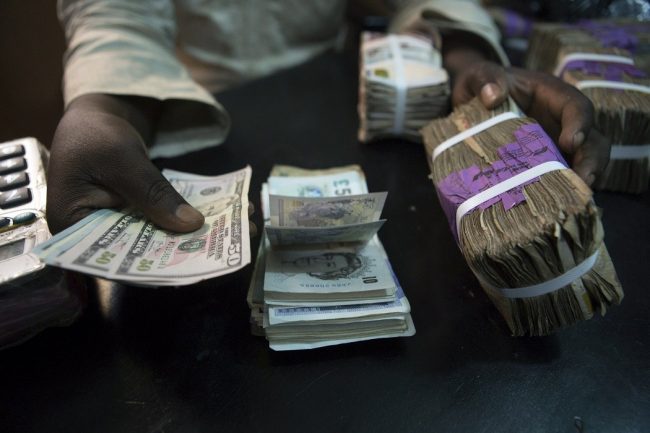In order to stabilise the naira against foreign currencies, particularly the dollar, the Central Bank of Nigeria (CBN), injected about $7.6 billion between January 2022, and May.
In its monthly economic reports on foreign exchange market developments, the CBN revealed that it intervened in the markets with $1.65 billion, $1.39 billion, and $1.82 billion in January, February, and March, while the interventions were $1.56 billion and $1.18 billion in April and May respectively.
“Total foreign exchange sales to authorised dealers by the bank were $1.18bn, a decrease of 24.4 per cent, below $1.56bn in April.
“A breakdown shows that foreign exchange sales at the Investors and Exporters and interbank/invisible windows decreased by 37.9 per cent and 0.7 per cent to $0.16bn apiece, below their respective levels in the preceding month.
“Similarly, SMIS and matured swap contracts fell by 7.0 per cent and 71.4 per cent to $0.64bn and $0.10bn, respectively, compared to the amounts in April. However, foreign exchange sales at the Small and Medium Enterprises window rose by 8.4 per cent to $0.12bn in the review period,” the report read.
Why CBN intervened to stabilise naira
When former President Goodluck Jonathan handed over power to Muhammadu Buhari in May 2015, the naira exchanged at N198.914 to $1. By 2018, it fell further to N306.08, a development that represents a 53.8% increment.
Now, fast forward to 2022, the currency last traded officially at N427.6 per dollar, which represents an increase of 115% in seven years.
The central bank, however, resorted to injecting the N7.6 billion to prevent the Nigeria’s local currency from further depreciation.












